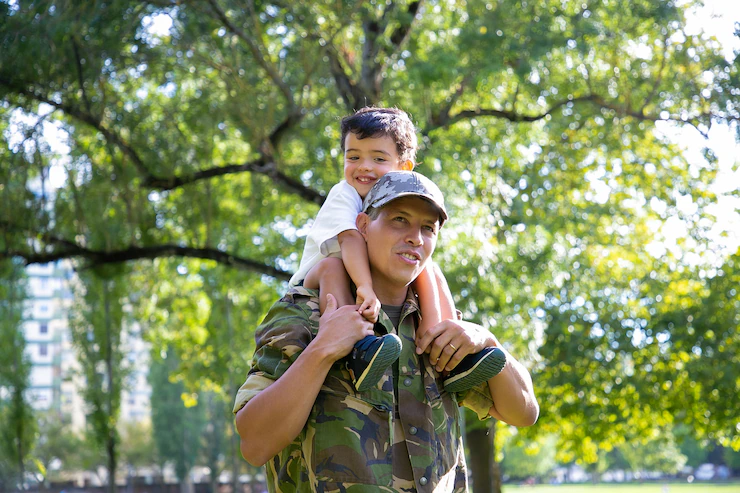Introduction:
Establishing positive relationships between communities and law enforcement agencies is essential for creating safer and more cohesive societies. By fostering mutual trust, understanding, and collaboration, we can promote effective support and assistance from law enforcement when needed. This article explores the importance of building positive relationships with law enforcement, the benefits it brings, and strategies for strengthening these vital connections.
- Mutual Respect and Understanding:
Building positive relationships with law enforcement begins with fostering mutual respect and understanding. It is crucial to recognize the challenges faced by law enforcement officers while also acknowledging the concerns and experiences of the community. Encouraging open dialogue, community forums, and cultural sensitivity training for law enforcement can bridge gaps and promote empathy.
- Proactive Community Engagement:
Active community engagement is key to developing positive relationships with law enforcement. Organizing events such as neighborhood meetings, community forums, and outreach programs allows community members to interact with law enforcement officers in a non-threatening environment. These engagements promote familiarity, dispel stereotypes, and create opportunities for meaningful conversations.
- Transparency and Accountability:
Transparency and accountability are vital elements for fostering positive relationships. Law enforcement agencies should prioritize open communication, sharing information about policies, procedures, and initiatives with the community. Establishing mechanisms for reporting misconduct and addressing grievances effectively builds trust and ensures accountability for both law enforcement officers and community members.
- Collaboration and Partnerships:
Creating partnerships between law enforcement agencies and community organizations can strengthen relationships and enhance support and assistance. Collaborative efforts, such as joint training programs, community service projects, and shared resources, promote teamwork and create opportunities for law enforcement officers to engage with community members beyond their enforcement roles.
- Education and Outreach Programs:
Education and outreach programs play a crucial role in fostering positive relationships. Law enforcement agencies can develop initiatives to educate the community about their roles, responsibilities, and the legal system. Additionally, providing resources and workshops on topics like conflict resolution, crime prevention, and personal safety enhances community members’ understanding and empowers them to take an active role in their own safety.
- Building Cultural Competence:
In diverse communities, it is essential for law enforcement officers to be culturally competent and sensitive to different backgrounds and experiences. Cultural diversity training, cross-cultural exchange programs, and recruitment efforts that reflect the community’s diversity contribute to fostering positive relationships. Understanding and appreciating different cultures helps law enforcement officers better serve and support the community.
- Restorative Justice and Conflict Resolution:
Emphasizing restorative justice and conflict resolution approaches can foster positive relationships between law enforcement and the community. Encouraging dialogue, mediation, and community-led initiatives promotes healing, understanding, and reconciliation, strengthening the bonds between law enforcement officers and community members.
- Recognizing and Celebrating Positive Interactions:
Acknowledging and celebrating positive interactions between law enforcement officers and community members can reinforce the importance of building positive relationships. Recognizing acts of kindness, community service, and collaborative efforts through public commendations, social media campaigns, and local events boosts morale and fosters a sense of unity and shared responsibility.
Conclusion:
Fostering positive relationships with law enforcement is a shared responsibility that requires effort and commitment from both communities and law enforcement agencies. By promoting mutual respect, transparency, collaboration, and cultural competence, we can establish a foundation of trust, understanding, and support. These positive relationships create safer environments, where law enforcement agencies and community members work hand in hand to address challenges, ensure justice, and build stronger, more cohesive societies.










